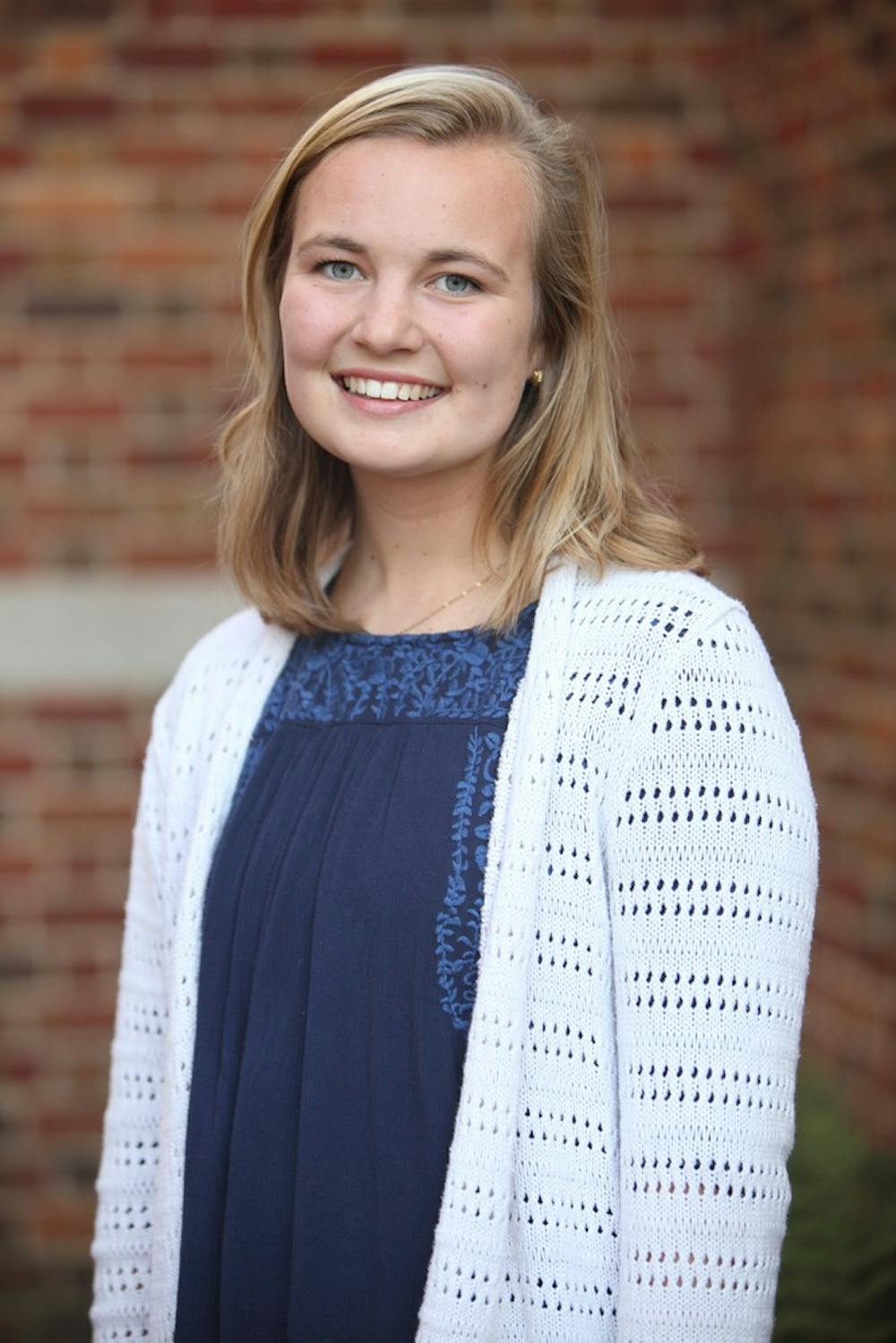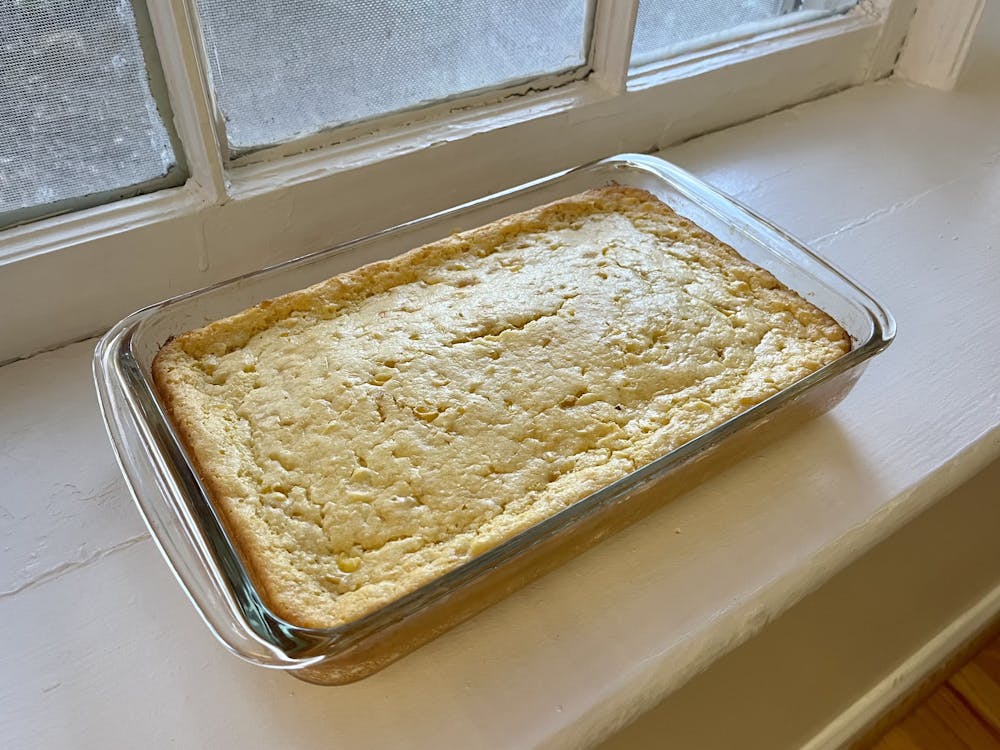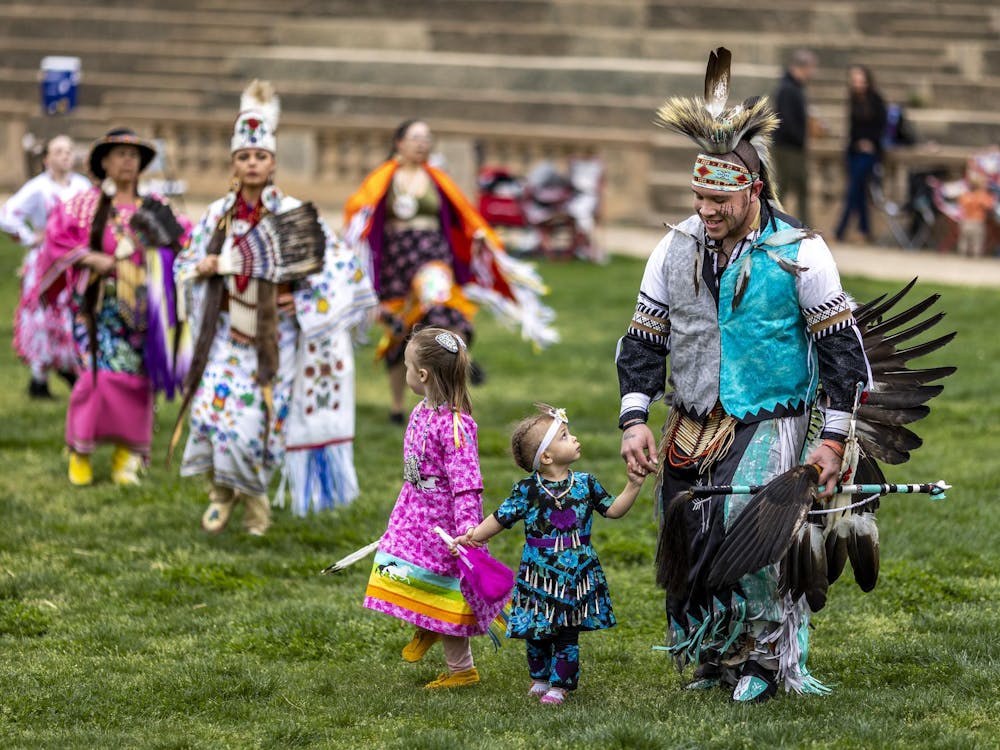Have you ever seen a baby learn how to walk? Let me tell you, it is a miserable occurrence. For weeks, they will flail on their stomach before gaining the strength to lift themselves up onto their elbows and knees — crawling becomes a wasteland of settling for what’s easier instead of what’s better, then finally steps are taken only to fall, again and again.
Why don’t we write all the little toddlers off as failures? After all, it’s just walking. Because we don’t expect them to know how to walk on their own. Instead, our attitude is completely the opposite — we champion these little humans, displaying for them with our actions that it is in fact possible, cheering them on, picking them up when they fall and giving them goals of distances to cross until they can fall into our arms, there to catch them on the other side of the living room.
It is a shame that we have no memory of the experience of learning how to walk — it has a lot to offer University students. Why, you might ask? You’ve all perfected that skill, in most cases, by now. I believe learning how to walk was our first experience of mentorship.
We are part of a generation of leaders, in a nation of leaders, studying at a university of leaders. Have we not been fed this as our bread and butter since many of us were in grade school? Well, no one was a leader in learning how to walk. Don’t tell me you walked first of your entire preschool class, or that you hoisted the other babies up all around you. When we learned how to walk, we followed.
We followed the actions, encouragements, support and instruction of people who were already walking. We swallowed our pride — which was easy, most of us hadn’t developed any yet — and we accepted help as we grew.
I want to propose that we, as University students, are still learning to walk in so many areas of our lives. There are emotional, mental, physical, intellectual and spiritual advances that we haven’t made, but are well within reach. Maybe some of us are still flailing, struggling to gain strength to commit to an attempt — maybe some of us are settling for crawling when there are greater things for us in store. Maybe you have been ferociously taking large steps forward and have fallen.
Babies do not learn how to walk on their own. We, in the underdeveloped areas of our life, don’t learn, develop and succeed in isolation. Despite what our still reminiscent teenage angst tells us, there are people all around us who have been there, who do understand — who can help. How do we do it? We find mentors. We find someone who’s walking, and we become a follower.
One of my best friends and mentors is named Katie. I met Katie after my freshman year of high school and her freshman year of college through an organization called Young Life. From the moment I met her, I loved her. I wanted to be with her whenever I could be, so much I would gladly accompany her on grocery store trips to hangout and talk about life as we shopped through the aisles for whatever she needed. I did this because in areas of life I knew absolutely nothing about, Katie knew how to walk. I followed.
When it was time to apply to colleges, an overwhelming, rigorous and intimidating process, as well as season of life, it was Katie who went with me on my first tour of the University, helping me weigh options and guiding me in the importance of community.
I don’t know how I would have made it through high school without Katie’s guidance. What I do know is that in areas of my life where I was growing, crawling or taking frightful steps, Katie encouraged me, caught me and, most profoundly, served as an example by allowing me to watch her, assuring me it was possible.
At the University, we live in a vast network of people walking — our professors, upperclassmen and community members … the list goes on and on. What if the rest of our life followed our education, and we began to submit ourselves to the instruction of others? We began to follow? I imagine a more humble Grounds. I imagine a more self-aware, teachable Grounds. I imagine University students with the capability to run in all areas of their life because they followed someone who was walking.
There are areas in our life where we need to grow: let’s find those who have and let’s ask them how. There are areas of our life where we are sprinting ahead, jumping hurdles — let’s look back and perhaps take an opportunity to provide guidance. Let’s grow as a community — stepping forward, always reaching back.





